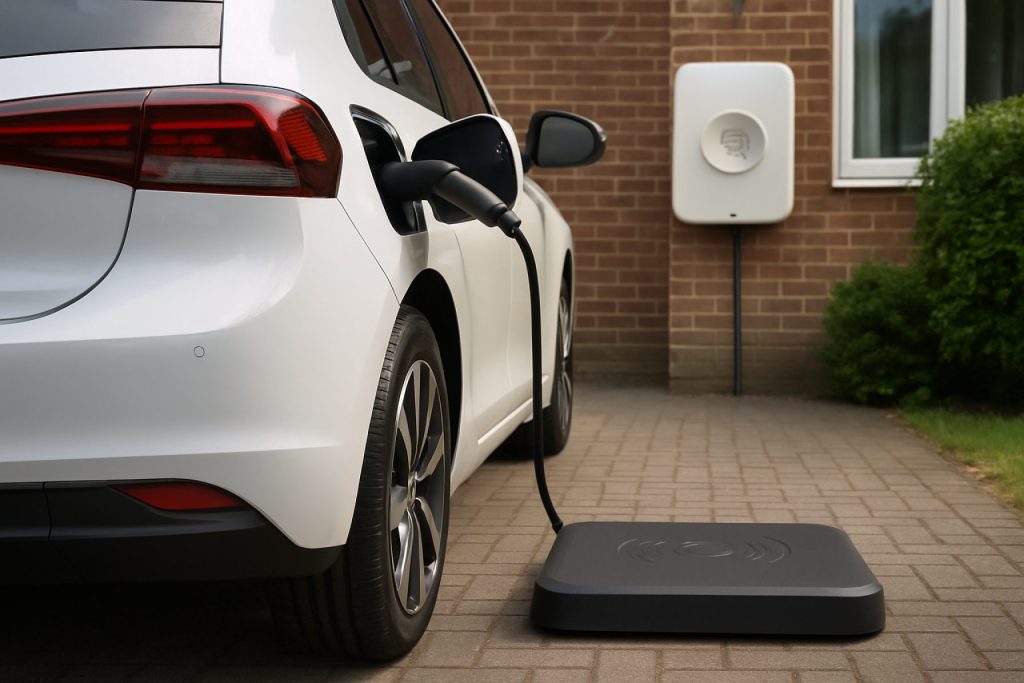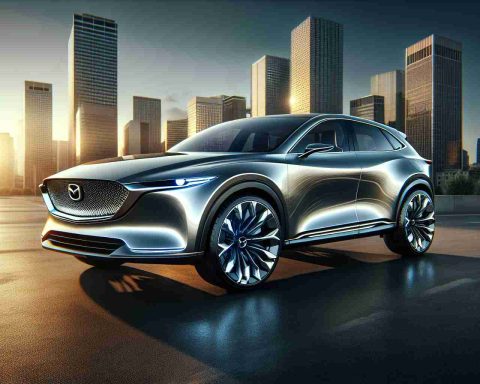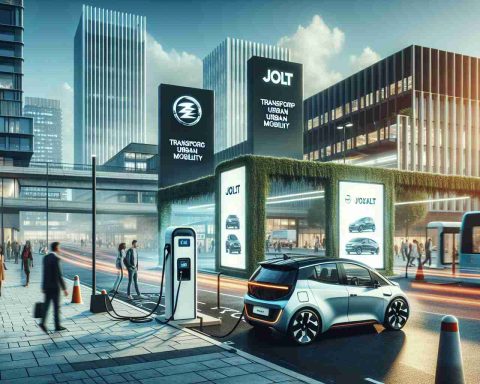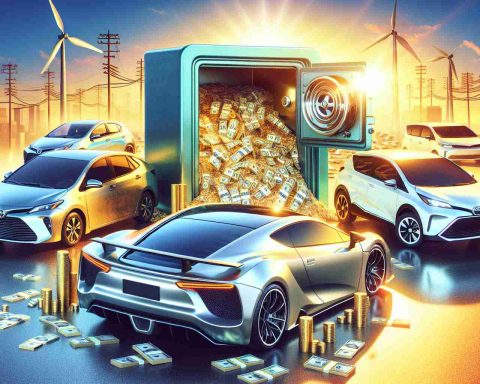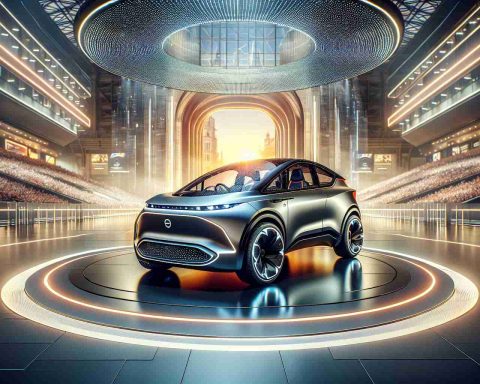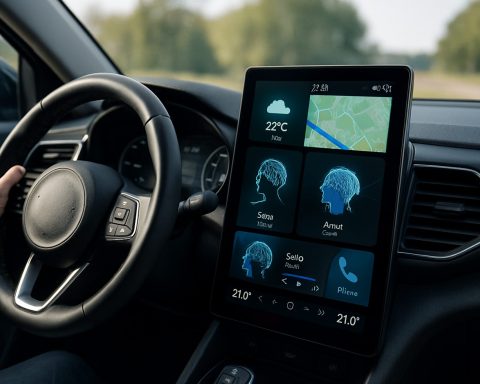Electric Vehicles - Page 54
Electric Vehicles (EVs) are automobiles that are propelled by electric motors powered by rechargeable battery packs instead of traditional internal combustion engines that run on gasoline or diesel. They utilize electricity stored in batteries to drive electric motors, which convert electrical energy into mechanical energy for locomotion. EVs are known for their potential to reduce emissions and dependence on fossil fuels, as they produce zero tailpipe emissions during operation. The operation of electric vehicles is often quieter than conventional vehicles and can include various types, such as battery electric vehicles (BEVs), plug-in hybrid electric vehicles (PHEVs), and fuel cell electric vehicles (FCEVs). Battery technology, charging infrastructure, and advancements in renewable energy sources are key factors driving the adoption and development of electric vehicles in the automotive industry.
